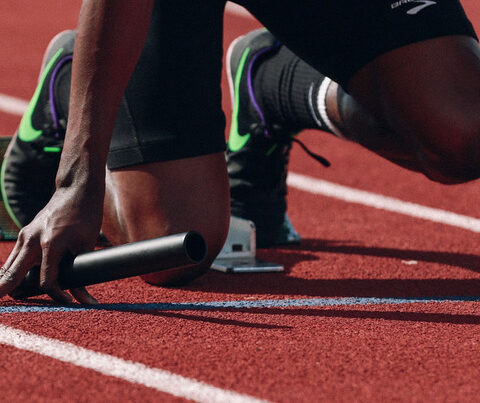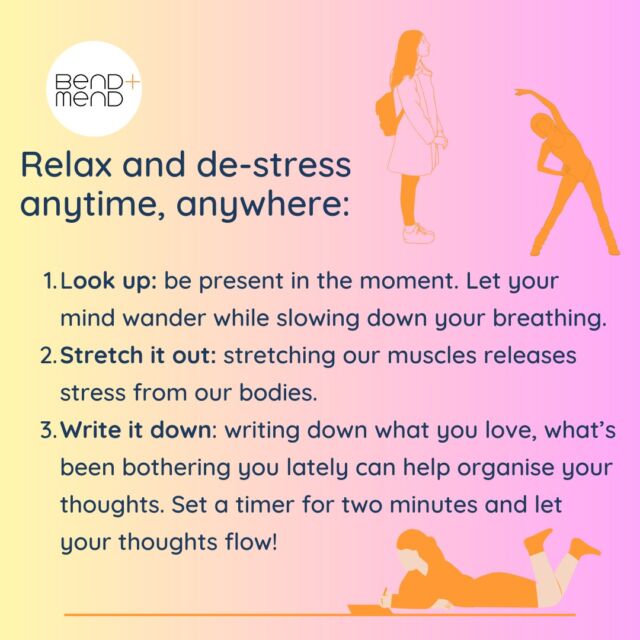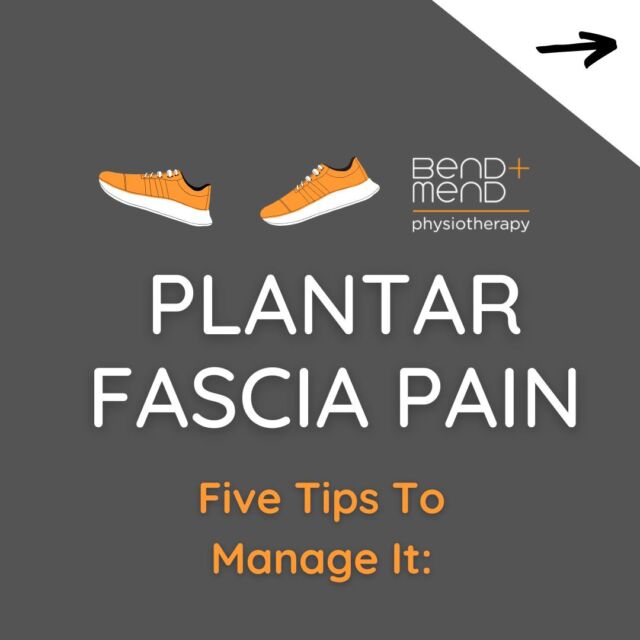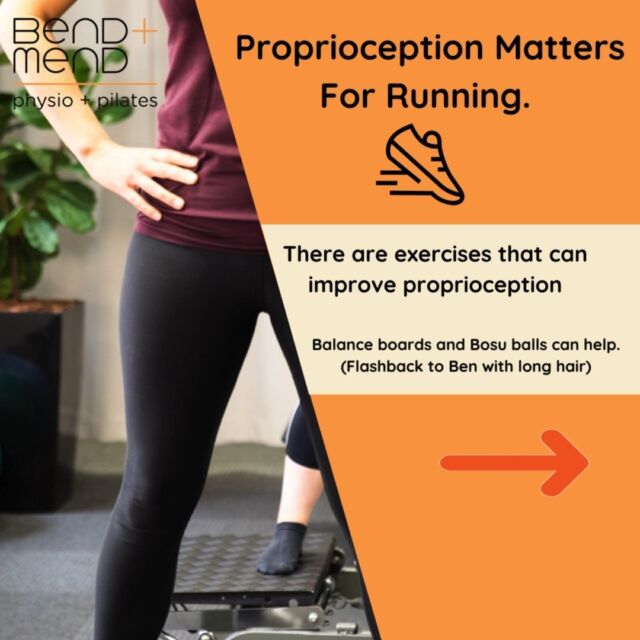 And how to handle the emotional stress of injury and get back on that horse ASAP!
And how to handle the emotional stress of injury and get back on that horse ASAP!
Injury, no matter how big or small, can impact your daily lives in more ways than just making you a little less mobile or active! Injury can have an emotional impact on your life. The stress of not being able to do what you normally do is increasingly frustrating. So when I see patients a large part of my treatment is dealing with the psychological distress of working out what types of physical activity they can pursue during this frustrating transitional phase of injury/life.
One must adapt their routines and fitness preferences in order to achieve their physiotherapy goals, and this is not an easy task to achieve. So in order to make these changes and transitions to different activities a smoother process it is important that you as a patient understand your condition and are well informed on what you can and cannot do. You need to understand the underlying pathology of your injury and the reasoning behind why these restrictions have been placed on your body and activities. Knowing your limitations with certain exercises is an important step in progression and also for regression. The last thing the Physio wants is for you to get worse! It is of course our responsibility to ensure that you understand everything perfectly, however it is up to you as the patient to take this advice and to put it into action!
If you are one of those people who go absolutely bonkers if you cannot go for their morning run or do their circuit class then you are the clientele that are at the highest risk of regression, further injury because you just can’t help yourselves!
There are 5 stages of grief that an individual must make their way through until they have accepted their injury and can accept its existence and begin to take the appropriate steps towards recovery.
They include:
- Denial: Refusing to recognise the injury and difficulty of not being able to discuss it comfortably with anyone or rejecting any advice offered (including that from your Physio!). This denial phase can leave you feeling isolated and alone.
- Anger: In the angry phase the patient may feel the need to punish or blame others for what they are experiencing. Angrily forcing blame onto anyone other than themselves or their activity of choice.
- Bargaining: I will do anything phase. “Please let me run this one race and then I will back off I promise”! During this phase the individual is grasping at straws for a final miracle or possibility that this just isn’t happening to them.
- Depression: In this phase the patient can feel deep emotions as they realise that this injury is going to have a huge impact on their life.
- Acceptance: A big reality check! In this phase the reality that the only way that they will get through this is if they do it the right way from the beginning. In this phase the patient is now willing to deal with the reality of their injury and beginning moving forwards with their rehab and in making a plan to getting better and sticking to it until 100% healed!
Everyone is different and may spend different lengths of time in each period. It really depends on the individual’s knowledge of their injury and understanding of this entire process. The greatest way to get through this difficult time is to get to the acceptance phase as quickly as possible. Once you have accepted your injury you can then get to working on your longer term goals and focussing on what really matters. By dealing with emotions and having the will to heal your injury, you will recover much quicker and be back in action doing what you love and enjoy!







